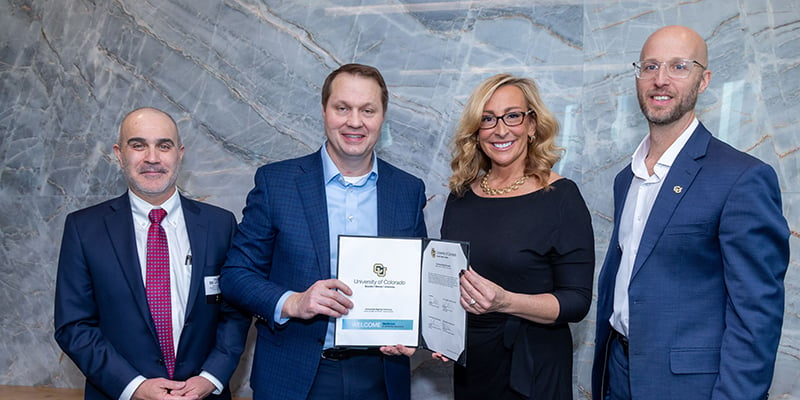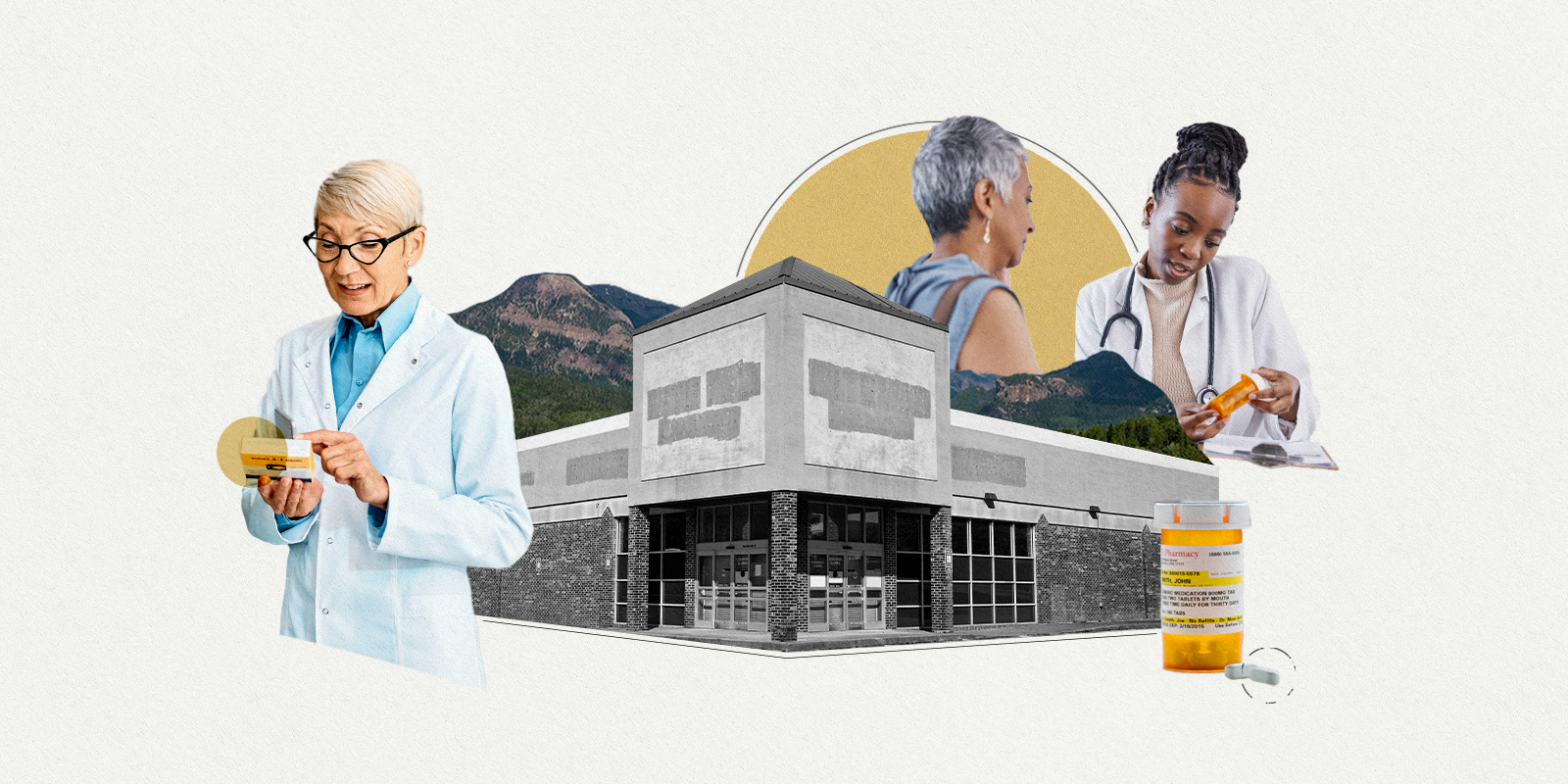How do psychologists define loneliness and social isolation?
Social isolation is an observed or objective measure of someone not having close relationships with kin, friends, or connection to others. Loneliness is a discrepancy between what you want from relationships and what you perceive that you're actually getting in terms of connecting. It is very subjective, but there are some validated measures. One of the gold standards is the UCLA Loneliness Scale that's used in a lot of survey research.
Loneliness doesn’t just mean physically isolated, correct? How does food enter that equation?
Correct. It’s important to understand that loneliness doesn't necessarily mean you're by yourself. Loneliness can also mean being with others who don't see you, who don't understand you. As it relates to food, that need for connection can often be manifested in how somebody might be using food to try to fill that.
For example, loneliness can even occur in a shared household. I talk to people who say their partner goes up to bed at X time and they're downstairs on the couch still watching TV and they start just eating mindlessly – it can become a very soothing, stress-reducing, emotionally fulfilling experience for them initially.
What is stress and emotional eating, and do they differ?
Stress eating is often subjective and is something the American Psychological Association (APA) has on their “Stress in America” survey they do every year. When people report their perceived stress, there is a correlation between “when I feel stressed, I tend to eat more.” In a recent survey the APA did, around 43% of women and 32% of men acknowledged that they do eat more unhealthy food in times of stress. That's a perceived overload of stressors and not being able to manage them effectively.
By contrast, with emotional eating, we do have definitions of disordered eating and binge-eating. Those are more clinical definitions of emotional eating and reasons people might eat for reasons other than hunger. There are also studies that look at negative emotions and food. When people have more negative emotions, that can contribute to the variance in food addiction or overeating, depending on how it's defined in the studies that exist.
How do you help patients identify emotional eating?
When patients come in and say, “I’m an emotional eater,” we start to unpack that to identify when they notice eating for reasons other than hunger. Ultimately, it depends on the individual and what other things might be impacting them or their coping style or maybe other comorbid diagnoses – it doesn't always depend on one valence or the other. For both positive emotions and negative emotions, people may tend to eat more.
Dr. Jud Brewer is an addiction psychiatrist at Brown University, and he talks a lot about eating for reasons other than hunger, and the emotional components and the pairing habits that we get into. If you think about it more colloquially, we eat for celebration, right? Friends are hosting you for a party, there’s cake, and you’re going to eat because you feel good and probably feel connected to others.
In those situations, you're not paying attention to your signals and cues and regulating your hunger, and you're really just pairing the positive emotion with the food. So we say, “Last time that I ate some cake, it really helped me, I was feeling good because I was with friends. Maybe if I eat cake now, I will feel good again.”
Conversely, patients can say, “Last time I felt really down and lonely, I had some ice cream and then I felt better. So maybe now if I feel sad and lonely, I'll eat some ice cream, and it'll help me feel better.” Brewer's work really works on that kind of pairing and those habits and how our brains really set up pathways to say how to soothe maybe some certain emotions or enhance other ones.
How do those pairings become problematic habits?
I think habit is the operative word. A lot of times when it becomes mindless, and people just start doing it without really knowing they're doing it, it can become problematic. The brain then sets up more pathways, and it becomes an automatic behavior. And because we eat so many times a day, we have to make choices about food, and it can become automatic very easily.
It becomes problematic when someone decides that it's not working for them anymore. It really depends on the individual. For some people it may work great and doesn't interfere with their functioning or what they'd like to get out of their days, but for some people it may become problematic if they have unwanted weight gain or maybe their mood is shifting or maybe they're lacking the social connections they want.
Is there a common misconception around willpower and food?
Some people don't have the satiety signals and cues that others do. It's not somebody's fault. It's not about willpower. A lot of times it is a physiological inability to notice satiety or even notice hunger.
The other piece is really opportunistic eating. Some patients may not even be aware of being lonely, bored or tired, but it can still be difficult to regulate when we see and smell readily available food. Combine that with it taking about 20 minutes for our brains to catch up with our stomachs to register a feeling of fullness. So people will eat quickly often when they're by themselves.
I do think that when people are with others, sometimes they can regulate their eating a little bit better. Often loneliness does contribute to overeating during a meal specifically and also during those long periods of time when someone might really just crave connection to somebody else.
Have you seen anything in your work with the advent of delivery apps and those sorts of websites?
Yes. A lot of patients that I have, especially ones who live by themselves, suddenly realize, my gosh, I've gained more weight because they're eating so much takeout and just delivering it at the drop of a hat.
And it does actually lead to more isolation, I think. Because it's so easy just to press a button and have it dropped off, people don't need interaction, people don't have to feel like they're being judged. They get their needs met and feel fulfilled by the food they're eating, but then it puts them on this vicious cycle. I've had a few clients who will just isolate, they won't talk to people for a few days on end because they literally just get food delivered anytime of day, anytime of night.
While these apps did have positives during the height of COVID, I do think that unfortunately the pandemic created some new habits that haven't been exactly helpful for people as it relates to food delivery.
If someone reading this article thinks: "Oh, this is really resonating. This is me. I see myself in this piece," what would be your first piece of advice?
I think it's being a scientist with yourself and noticing when you feel lonely. Or noticing if you happen to be mindlessly eating, check in. Maybe use HALT:
It's pausing and just checking in without having any judgment about how you might be feeling.
If “L” comes up for you, if loneliness comes up, if you're noticing you're eating for reasons other than hunger, maybe reach out to someone who you're really grateful for. Just text somebody and say, “Hey, I'm just thinking about you,” or, “Hey, I'm really glad you're my friend.” If that feels comfortable.
I think that’s the best way to start: noticing what else might be happening besides just trying to get rid of whatever's distressing. If it’s really affecting your wellbeing, seek out professional help with a therapist or psychiatrist to assist you in working through those questions.





